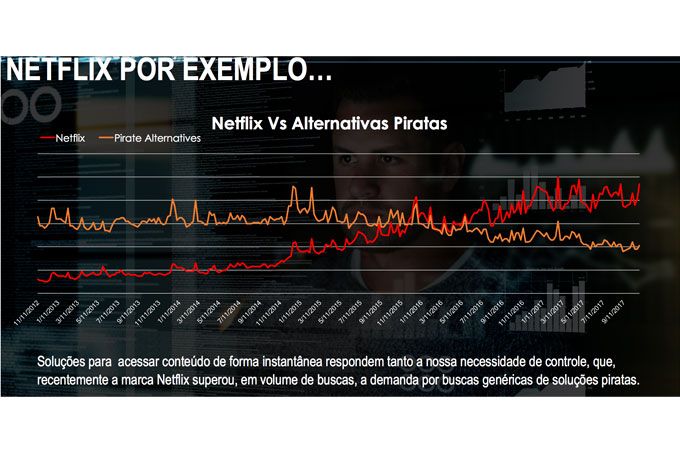Cannes Bans Netflix Films From Competition Because The Internet Is Bad (Or Something)
from the get-off-my-lawn dept
Cannes this week declared that the long-running festival would be banning streaming services like Netflix from being able to win the Palme d’Or. That said, festival leaders weren't able to offer a coherent reason why. Festival boss Thierry Fremaux apparently tried to offer something vaguely resembling an explanation to a variety of different news outlets, but wasn't particularly successful. Most of the arguments made by Fremaux to the press had something to do with Netflix being different (gasp) from the traditional film industry production and criticism model:
"The Netflix people loved the red carpet and would like to be present with other films. But they understand that the intransigence of their own model is now the opposite of ours,” Thierry Fremaux said."
The heart of the ban appears to be a fusion of protectionist concerns about how streaming could harm the traditional French film industry and brick-and-mortar theaters (aka: fear of competition). France has a cultural exception law that requires a percentage of all box office, TV and streaming revenues be used to finance homegrown and foreign films. That law also forces a very outdated and obnoxious release window: namely a 36-month delay between theatrical release and streaming availability. Streaming providers' disdain for such artificial and arbitrary restrictions has been ruffling feathers for years.
In other words, this is really just the same old story about people making silly decisions because of fear of something new disrupting legacy business models that may not work as well in the modern era. But because Cannes just can't come out and admit that, we instead got a heavy dose of disdain for the internet in general:
"Fremaux said the while new players like Netflix and Amazon are enabling directors to make big budget films, they are creating “hybrids” that aren’t TV and aren't quite film. “Cinema [still] triumphs everywhere even in this golden age of series,” he said. “The history of cinema and the history of the internet are two different things."
It's 2018 and that's not entirely true anymore but who cares, get off my lawn!
Cannes has previously banned made for TV movies to ensure a certain quality bar in competition. The organization appears to be using that ban to justify banning Netflix, despite the fact that Netflix is now spending billions on producing its in-house, award winning fare. Because many of these films only saw limited runs in theaters (or no run at all) doesn't automatically equate to low quality, and banning streaming services from awards isn't likely to magically save an industry unwilling to evolve.
Of course this disdain for all things new isn't solely a French phenomenon. Stephen Spielberg recently stated that Netflix films shouldn't be allowed to win Oscar awards, though here too you'll notice that the justifications are arguably flimsy, with an attempt to equate "streaming" with inevitably low quality:
"Once you commit to a television format, you’re a TV movie,” he told ITV News. “You certainly, if it’s a good show, deserve an Emmy, but not an Oscar. I don’t believe films that are just given token qualifications in a couple of theaters for less than a week should qualify for the Academy Award nomination."
Why not? Who knows! If the content is awful it will get rejected from such competitions anyway. And trying to fend off streaming at this point is like trying to slow the flow of a river with just your hands. The move is pretty clearly an effort by Fremaux to project a certain standard of excellence (he also announced that selfies would be banned at this year's festival), but the message it's actually sending the world is more of the "I'm a Luddite" variety.
Filed Under: cannes, competition, disruption, films, innovation, movies, protectionism, streaming, thierry fremaux
Companies: cannes film festival, netflix



